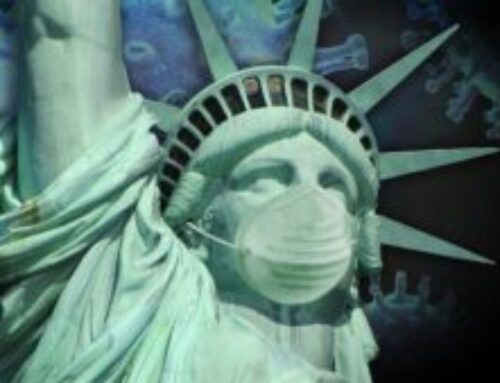Very few cases ever filed reach jury trial. The vast majority are dismissed or settle long before that stage. This trend is particularly true for cases filed under the False Claims Act (FCA), where defendants face treble damages and penalties if they are found liable at trial. In FCA trials where the Government and/or whistleblower prevails, the judge, unbeknownst to the jury, is required to triple the amount of compensatory damages the jury awarded and impose a fine of between $15,000 and $25,000 for each false invoice the jury determined to have been submitted to the U.S. government. That’s one of the reasons the case we’re discussing today is unique. Last month, a federal jury in Minnesota found that an ophthalmological distributor, called Precision Lens, and its owner, Paul Ehlen, illegally paid kickbacks to ophthalmic surgeons to induce their use of the company’s products in cataract surgeries reimbursed by Medicare. The company was found to have submitted over 64,000 false claims to Medicare, costing the program about $43 million in single damages.
Precision Lenses was found to have violated both the Antikickback Statute, which generally prohibits medical providers from paying or receiving kickbacks, remuneration, or anything of value in exchange for referrals of patients who will receive treatment paid for by government healthcare programs, and the False Claims Act, which allows private individuals, like the whistleblower in this case, to sue in the name of the United States, alleging that the federal fisc has been defrauded.
The underlying wrongdoing centers around Precision Lenses providing physicians with extravagant gifts as a quid pro quo for higher rates of using its products. The kickbacks included the purchase of exclusive vacations, such as ski trips to Beaver Creek- which included a nearly $600 sushi dinner and $2,500 in ski jackets, hunting trips to an exclusive Montana club and a Maui resort, and luxury sports tickets to NFL and MLB games. To get physicians to many of these trips, Precision arranged for private flights at little or no expense to the doctors. An additional kickback scheme involved Precision’s owner, Paul Ehlen, selling frequent flyer miles to the surgeons at well below market value.
The Qui Tam case, which the Government joined, was initially brought forward by whistleblower Kipp Fesenmaier, who has prosecuted the case for about a decade. The whistleblower was an employee of Precision’s corporate partner, a company called Sightpath, which, along with its CEO, previously settled a related case for over $15 million. The whistleblower is eligible for an award of up to 25% of both settlements and judgments.
The $43 million in single damages awarded by the jury in this case is only one piece of Precision Lens’ total exposure. Under the False Claims Act, in order to deter future fraudsters, the amount of damage to the government is tripled, increasing the $43 million in single damages to roughly $130 million in this case. In addition to damages, the law carries a penalty for every false claim submitted to the government, ranging from $5,500 to $11,000 for the relevant time period in this case, or $485 to $840 million in penalties on top of the $130 million in damages. These eye popping numbers are meant both to deter fraud, and penalize unsuccessful defendants for forcing the government to expend resources to take a case all the way through trial. With Precision Lens expected to pay the Government between $615 and $970 million in this matter, other similarly situated defendants are sure to take note.
Defendants Precision Lenses and its owner Paul Ehlen are expected to appeal the verdict. We’ll continue to watch this story as it unfolds.
Read more:
Anti-Kickback Statute and Stark Law
Healthcare Fraud
Medicare Whistleblowers: The Most Common Questions Answered About Reporting Medicare Fraud
I Think I Have a Whistleblower Case
Contact Us Confidentially
Read Healthcare Fraud Jury Verdict Demonstrates DOJ’s Commitment to Prosecuting Kickbacks at constantinecannon.com






Leave A Comment